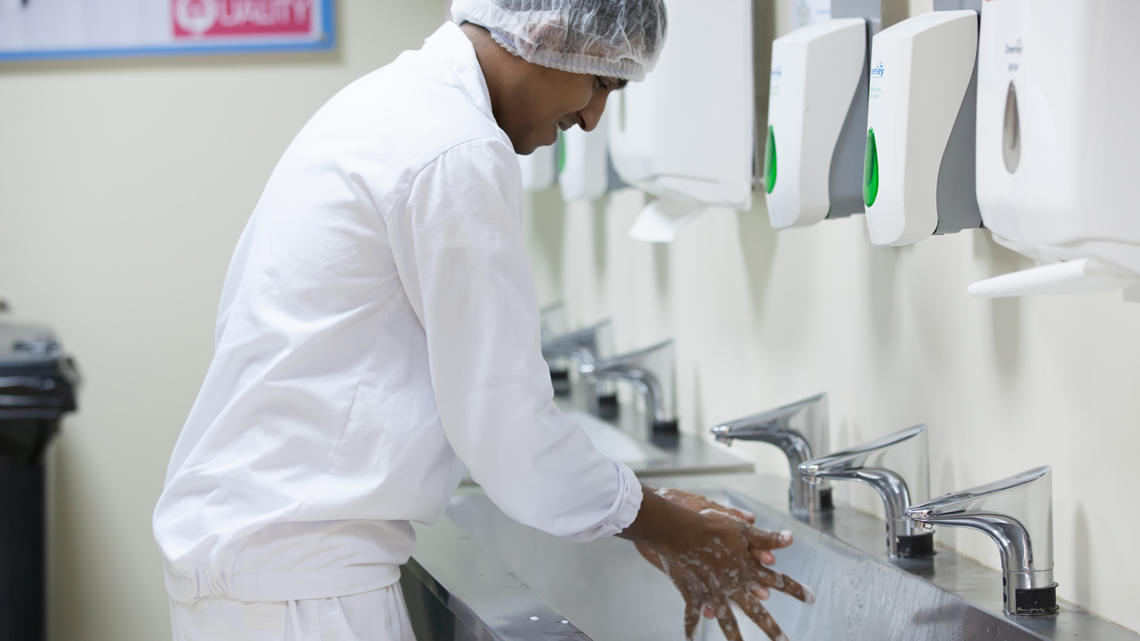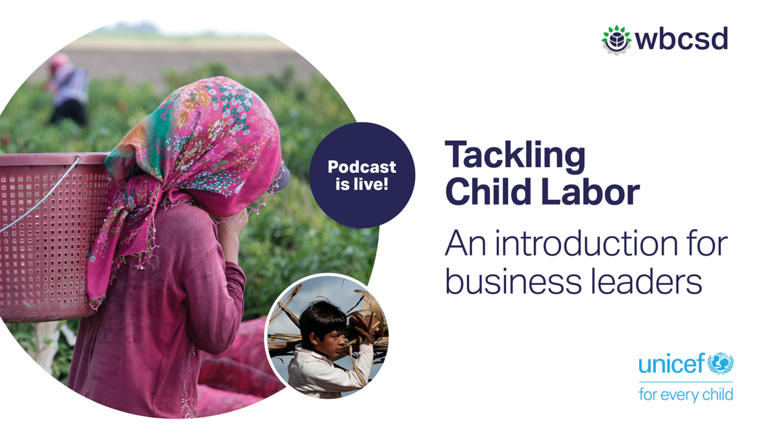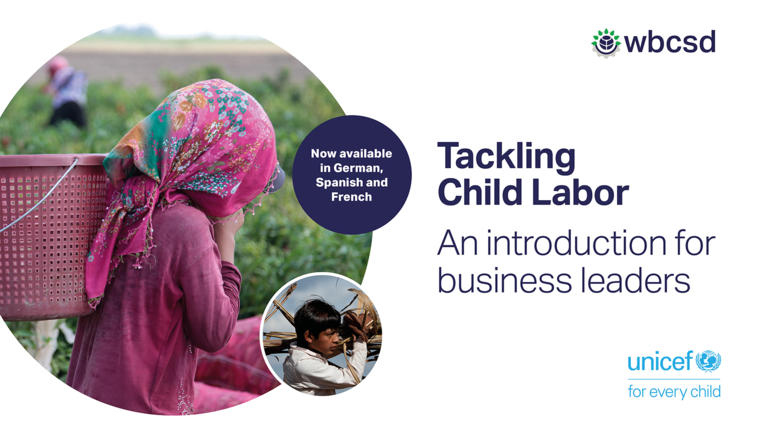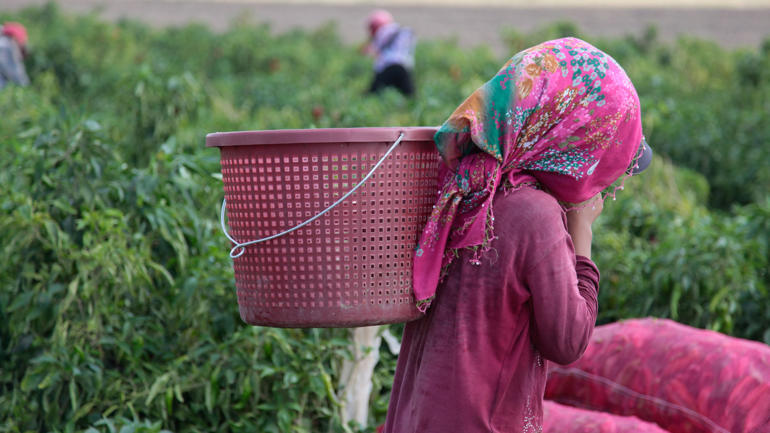10 December is Human Rights Day – a time to commemorate the adoption of the Universal Declaration of Human Rights over 70 years ago. This year also marks 10 years since the United Nations Guiding Principles on Business and Human Rights were established. I want to take this important moment to explore what respecting and promoting human rights means – for Nestlé and for me.
Unfortunately, today’s world isn’t a just place. To change this, we must first understand the issues we’re up against. I’m passionate about using my experience and position to help the most vulnerable communities. My energy and focus are engaged by the question – how can I help address the injustices that exist in the world? The work Nestlé is doing, I really believe, brings us closer to finding the answer.
People are at the heart of our business and protecting human rights has long been a priority. Today, we continue to strengthen and focus our actions to respect the rights of everyone touched by Nestlé’s activities.
People are at the center of everything
Respect is at the core of how we’ve always done things. I see it in the way we support one another at work; in how we ensure employees are not discriminated against; and in how we’re partnering on the ground to have a positive impact.
Earlier in 2021, we unveiled our plans to support the transition to a regenerative food system – one that protects and respects the environment, improves the livelihoods of farmers and enhances the well-being of communities and consumers. To succeed, the transition must be just, with no one left behind. It’s a bold vision and one I believe we can achieve; but to do so we must continue to put people at the center, harnessing Nestlé’s scale and impact to really make a difference.
We can make a difference – and we already have
Long before I started at Nestlé in 2019, the company was already working on human rights, and I am so impressed by the progress we have made so far. For example, we’ve set the standard for addressing child labor risks, with a best-in-class monitoring and remediation system that has now been adopted by many other companies.
Nestlé supports its people with fair pay for fair work and promotes diversity, equity and inclusion – for example, through our Parental Policy and our Policy against Discrimination, Violence and Harassment at Work. We hope this shows that Nestlé cares and is ready to implement measures to address these issues.
We are always working to understand the key issues
We hold ourselves accountable for our actions. That’s why we’ve put due diligence at the heart of our new Human Rights Framework and Roadmap – assessing how our activities may impact people throughout the value chain and addressing those impacts. In fact, it’s such a central pillar of our approach that we were one of 26 companies to issue a statement calling for human rights due diligence to be mandatory.
With a value chain as complex as ours, due diligence is not an easy task, but we’ve made significant progress so far and are up for new challenges. We’re putting in the time, effort and resources to gather information, create effective plans and, ultimately, make positive change at scale with our partners.
We haven’t always been successful first time around, but we’ve worked hard to find the solutions for positive impact. And we’ll continue to do so, at scale. Pilot programs show what works well and when, what we can scale globally and where local challenges need tailored solutions.
Collaborating for a bigger impact
Given the scale and complexity of human rights challenges across the world, we know we can’t do it alone. We need far-reaching changes in society, industry and policy. This is why we’re investing in strong relationships at all levels to protect and promote human rights. We work with national governments, local authorities, non-governmental organizations (NGOs) as well as our peers to develop, implement and scale solutions that work.
Transparency as a driver of trust
Since the beginning of our human rights journey, we’ve been open about what we’re doing, how we’re doing it and what the challenges and outcomes are.
We believe that addressing issues transparently is essential – from our successes to our challenges. Transparency leads to trust. It helps stakeholders make up their minds: as an employee, am I proud to work here?; as an investor, do I believe in what Nestlé is doing?; as an NGO, am I ready to take on what Nestlé is saying and doing, and work with them to make the world a better place?; and as a consumer, is this a product I want to buy – not just because it tastes good and is good for me but because it’s from a company that cares how products get from field to shelf?
Where we are going from here
We have an end goal in sight: a regenerative food system that puts people at the center; that provides resilient and fair livelihoods and dignified work, enabling people across the world to support themselves and their families.
By 2022, we’ll have published action plans for each of our 10 salient issues, and by 2025, we’ll be reporting on our progress and the challenges we face along the way. In the meantime, we will continue to report through our Creating Shared Value reports. All of these will be our proof points to demonstrate to the world our commitment to protecting and respecting human rights.
Leanne Geale is General Counsel and Executive Board member in charge of human rights at Nestlé








